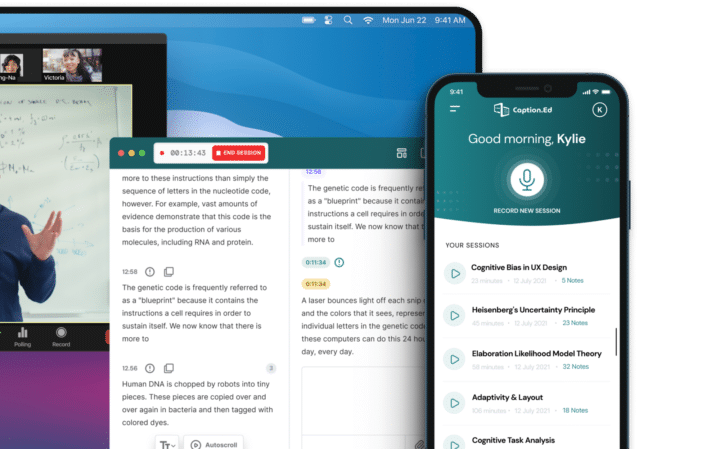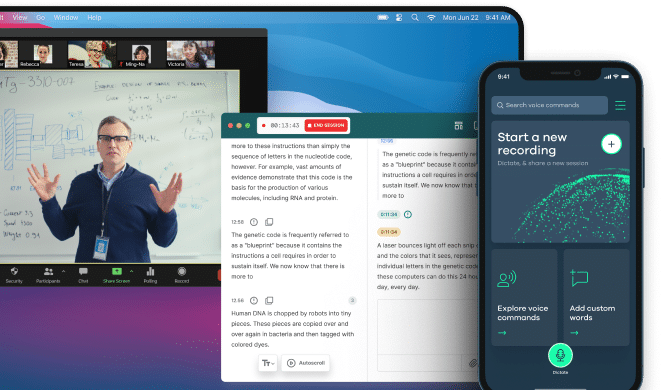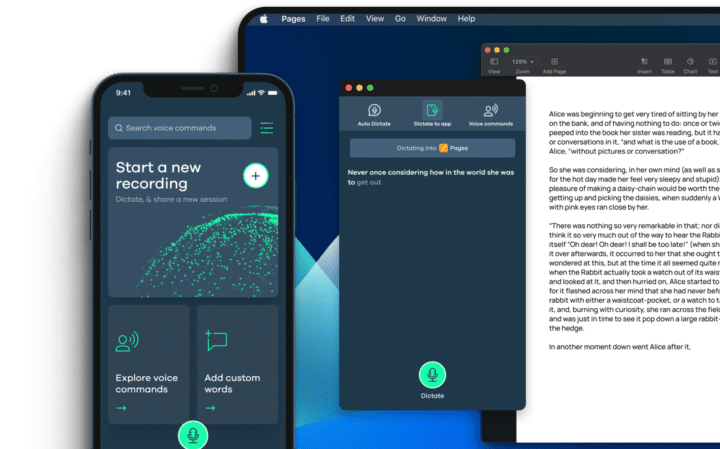If you’re a Higher Education student with a disability or specific learning difference, you could gain better access to learning through the Disabled Students Allowance (DSA). It’s an available source of government funding that supports students to get specialist equipment, individual non-medical assistance, travel expenses, and other forms of disability-related help.
Data suggests disabled people are underrepresented in Higher Education and may have worse outcomes than their non-disabled peers. Despite this, the number of students with a known disability is increasing. And ‘specific learning difficulties’ were the most common type of reported disabilities in 2019/20.
Am I a ‘Disabled Student’?
You will need to review a few factors to understand whether you qualify as a disabled student. Location is an important factor since the Equality Act 2010 covers citizens in England, Wales, and Northern Ireland. And different laws apply to Scotland.
Some conditions that may classify an HE student as a disabled student include:
- Specific learning difficulties such as dyslexia, dyspraxia, or ADHD
- A mental health condition that includes anxiety and depression
- Physical disabilities that may require assistive technology
- A long-term health condition
England, Wales and Northern Ireland
The Equality Act 2010 ensures all HEPs (Higher Education Providers) make ‘reasonable adjustments’ for their disabled students. The DSA allows HEPs to do this by offering government funding for a choice of interventions that should help remove disability-related learning barriers.
All students in Higher Education across England, Wales, and Northern Ireland are eligible to apply for DSA funding when they meet the criteria and definitions set out in Section 6 of the Equality Act 2010:
- They have a physical or mental impairment
- Their impairment has a substantial and long-term adverse effect on their ability to do normal day-to-day activities
What Makes a Condition ‘substantial’ and ‘long-term’?
The Equality Act suggests substantial conditions are ‘more than minor or trivial’. So this condition may interfere with your daily activities like getting dressed or preparing food. It may prevent you from completing assignments on time or being able to navigate the physical aspects of your university campus.
The act defines long-term conditions as lasting for at least 12 months or longer. These may be long-lasting diagnosed health concerns including serious conditions such as cancer or HIV or other chronic pain conditions that may improve or worsen with time. So long as the effects are likely to continue for a year or more, the DSA should apply.
Scotland
The Students Awards Agency Scotland (SAAS) is responsible for handling any DSA payments to Scottish students who become eligible. Students with physical health, mental health, or other long-standing conditions should be eligible to apply for DSA. Plus, you apply for DSA, even if you’re not receiving funding from SAAS at present. The DSA recommends contacting your college or university disability adviser to discuss eligibility.
Can You Get DSA Funding for Mental Health Conditions?
DSA includes mental health conditions. Finance can go towards any study-related costs based on your individual needs.
Rates of mental health diagnoses are increasing, with data relating to the University Mental Health Charter suggesting around 40% of students could meet the criteria of having a mental health condition.
Is My Course Type Covered Under DSA Provisions?
In England, Wales, and Northern Ireland, the following courses should make a student eligible for DSA funding:
- Bachelor’s degree e.g. BA, BSc, BEd
- Any foundation degree
- Certificate of Higher Education
- Diploma of Higher Education (DipHE)
- Higher National Certificate (HNC)
- Higher National Diploma (HND)
- Postgraduate Certificate of Education (PGCE)
- Initial Teacher Training.
- With HTQ approval, a level 4 or 5 qualification
For students in Scotland, DSA funding covers the following courses:
- HNC
- HND
- Degree
- Paramedic, Nursing, and Midwifery Degree
- Postgraduate
- PGDE – a course taken to qualify as a teacher
Can I Apply for DSA Support if I’m a Mature Student?
There is no age limit on DSA support so eligible mature students are free to apply.
Can I Get DSA if I Am Studying for an Apprenticeship?
DSA funding will not apply to anyone taking an apprenticeship.
Support is still available to people on apprenticeship schemes through the Access to Work scheme. Access to Work may be able to fund reasonable adjustments for apprenticeships and internships.
Do I Have to Wait Until I Have a Confirmed Place to Apply for DSA?
Eligible students can apply for DSA funding as soon as they apply for student finance. Any students not applying for student finance can begin their DSA application as soon as their student finance applications are open.
It’s important not to submit a late application for DSA funding. Doing so may mean not having the support you need in place and ready for you to start your course. There are instances where students have had to leave their course after they start because they didn’t have the support they needed in time.
Can I Apply for DSA While I Am on a Year Abroad?
Students may be able to get DSA funding while studying abroad if it’s part of their UK course.
Any students who receive funding from Turing, Taith (Wales), or other study-abroad schemes, won’t be able to apply for DSA to cover the same expenses.
If they’re studying abroad they may be eligible for DSA whilst attending an overseas university or college as part of their UK course.
Do I Have to Be Receiving Student Finance to Get DSA?
No, students don’t have to be receiving student finance to get DSA funding. If you do receive student finance, you can get DSA on top. You won’t have to pay it back and will not affect any other benefits.
Can I Submit My DSA Application as Part of My Student Finance Application?
Any students who receive student finance can submit their DSA applications as a part of their student finance online applications.
These include:
- Student Finance England (SFE), Student Finance Wales (SFW), Student Finance Northern Ireland (SFNI) or Student Awards Agency Scotland (SAAS)
- UKRI Studentships
- NHS Student Bursary



